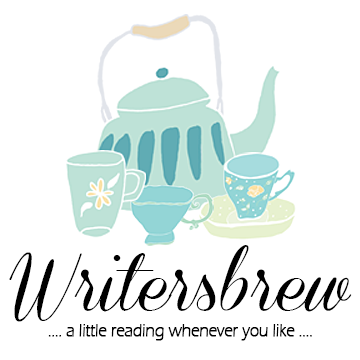Lord of The Flies, by William Golding, forces you to look around and question everything you thought true to human nature. Perhaps, you will not agree to what William Golding shows us. Probably, you will vehemently disagree, but, it is likely that you will surrender to the possibility.
The tale revolves around a group of young boys who are stranded on a deserted island during the World War. The boys are barely hitting their teens, some way younger. Alone on an island with no adults, they are trying to survive. Is it survival, if you gave up humanity for savagery?
“We did everything adults would do. What went wrong?”
The characters aren’t old. They are children, but this is no heartwarming adventure. Lord of the Flies is a disturbing and horrifying tale of the twisted nature of human beings. The innocence of the young is susceptible to corruption. Innocence itself is a myth. William Golding proposes, with ingenuity, that the problems in society are inherent because of fundamental flaws in human beings.
Filled with symbolisms, Lord of the Flies sticks to a simple story.
Ralph is the sensible one. An idealist who gets elected as the leader. Ralph wants a fire so that the smoke can act as a distress signal. Their single hope of rescue. Piggy is fat, intelligent and physically weak. He wears thick glasses, but he sees all and knows he can’t fight his battles alone. Jack is the darkness inside us all; power hungry and self-absorbed. Tempting. Why work on a boring fire, why follow rules? When you can enjoy the thrill of the hunt and taste the satisfaction of your kill. Simon, the outsider, knows his mind until he is sure that he is losing it.
It is a startling allegory to the world. Anarchy is tempting and civilisation pales in comparison. Fear infests the mind, waiting to feed on the vulnerable. Eventually, everyone has to succumb.
“Maybe there is a beast… maybe it’s only us.”
It isn’t the unnatural that haunts us. It isn’t something on the outside that hunts us. It is our inside that hurts us. Our primitive base nature that corrupts and erodes the good. A selfish need protects the self and shoves others off a cliff if they stand in the path of enjoyment. So, no amount of peace talks or goodness survives. Stable educated cultured societies, democratic governments from fair elections and even the group of supposedly saintlike children will drift to chaos, bloodshed and unimaginable unpleasantness.
“Ralph wept for the end of innocence, the darkness of man’s heart, and the fall through the air of the true, wise friend called Piggy.”
Lord of the Flies, by William Golding, has been on my reading list forever. Now, that I have read it, I know why it should be on every book lover’s list. It is a classic. Relevant, deeply thought-provoking, leaving the reader nonplussed.
Have you read it? Do talk to me about it.












This was a great pointer for me, thanks! I had Lord of the Flies on my unwritten list of books to read, too. But now I had to read it to comment here! Actually, I listened to the audiobook narrated by the author himself.
So, as you already knew, I never thought people were good, and I’m even more vehemently against labeling children as innocent. But this book is not about children of course. And this is where my opposition with you ends.
I agree with everything else said in your summary. The whole book “just” exposes our inner motives which are mostly hidden even from ourselves (and this is the point where the characters have to be kids, because they have less layers wrapping and suppressing these ancient urges). The funny thing is the author doesn’t deliver any recipe on how to override our lizard brain or how to talk to others’ lizard brains. Actually, in my interpretation, there is no real argument for the superiority of rules over instincts in the book. If anything, Ralph’s mumbling around the topic only shows that the choice is really arbitrary–you could say, it’s up to you if you want to live by rules or in the jungle of instincts. Or probably I’d go even one step further. My takeaway is that the instincts are the ultimate rulers of events, not man-made rules. Those petty rules just try to defy nature but in the grand scheme of things they don’t stand a chance…
Also, great photo for leading into the essay!
Thank you Zsolt. Glad this made you go and listen to the book. The author narrated it? That sounds wonderful. I was very surprised by how easily the book lived upto all the hype around it.
I was surprised too when the audio began. I think it was recorded decades after the book was written, but still before we were born.
Agreed again, the point of the book could be discarded as something trivial, but the metaphor works so nicely that it keeps your brain spinning on how rules fail if confronted by mother nature…